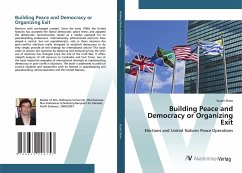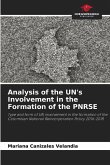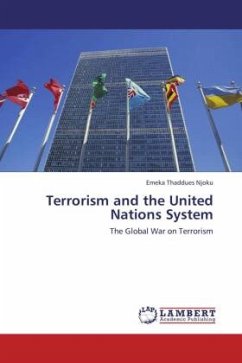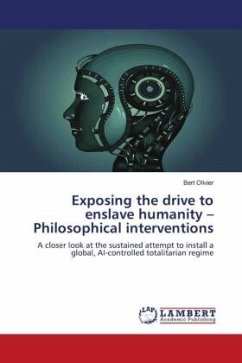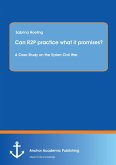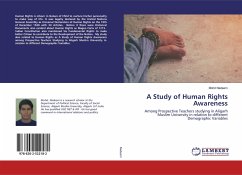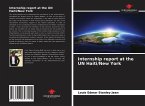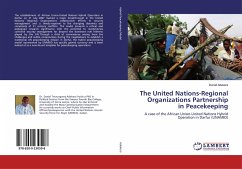Revision with unchanged content. Since the early 1990s the United Nations has accepted the liberal democratic peace thesis and adopted the democratic reconstruction model as a modus operandi for its peacebuilding endeavours. Internationally administered elections have played a central, but not unproblematic, role in these missions. Are post-conflict elections really designed to establish democracy or do they simply provide an exit strategy for international actors? This book seeks to answer this question by exploring and evaluating how the UN's use of elections has changed since the end of the Cold War. It offers indepth analysis of UN missions to Cambodia and East Timor, two of the most important examples of international attempts at implementing democracy in post-conflict situations. The book is addressed to political science students and researchers with an interest in peacekeeping and peacebuilding, democratization and the United Nations.
Bitte wählen Sie Ihr Anliegen aus.
Rechnungen
Retourenschein anfordern
Bestellstatus
Storno

